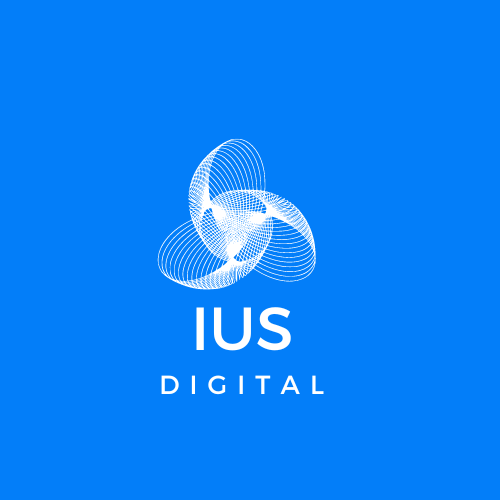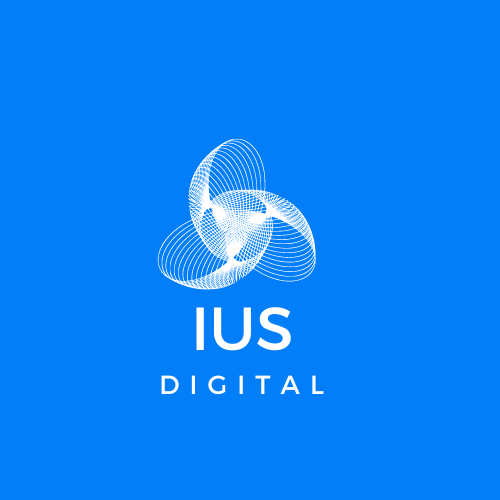AI in Marketing: Friend or Foe?
In the rapidly evolving digital landscape, AI marketing trends are reshaping the way brands interact with their customers. From AI chatbots enhancing customer service to machine learning in marketing optimizing campaigns, the integration of artificial intelligence in digital marketing is undeniable. Yet, as we navigate these advancements, it's crucial to address the duality of AI: is it a friend enriching our strategies, or a foe complicating the human touch in branding?
AI Marketing Trends
The latest AI marketing trends suggest a significant shift towards automation and personalization. With marketing automation tools becoming more sophisticated, businesses can now deliver personalized experiences at scale. Personalization algorithms are at the heart of this transformation, tailoring content to individual preferences and behaviors.
This line graph illustrates the year-over-year growth in businesses adopting AI marketing solutions from 2018 to 2024.
The Power of Data
Data-driven marketing has never been more critical. By leveraging predictive analytics, marketers can forecast trends and customer actions, ensuring strategies are proactive rather than reactive. This approach is further enhanced by AI optimization tools, which refine campaigns for maximum impact.
A bar chart comparing the ROI of marketing campaigns using predictive analytics versus traditional methods.
Ethical Considerations
As we embrace these technologies, the conversation around ethical AI in marketing becomes paramount. It's essential to maintain transparency and respect for privacy, ensuring that AI marketing campaigns are not only effective but also ethically sound.
As we delve deeper into the integration of AI within marketing strategies, the ethical implications become increasingly significant. Here are some key facts to consider:
Transparency and Consent: A study by a Research Institute highlighted that 62% of consumers would place higher trust in a company that explains how its AI algorithms use their data.
Bias and Fairness: Research from some top-tier Universities has shown that AI algorithms can inherit biases present in the data they are trained on, leading to unfair targeting or exclusion in marketing campaigns.
Privacy Concerns: According to a survey by a Research Center, 79% of consumers are concerned about the way companies use their data collected by AI systems.
A graph that visually represents the percentage of consumers concerned about specific ethical aspects of AI in marketing, such as data privacy, transparency, and algorithmic bias.
Enhancing Customer Experience
At its core, the goal of integrating AI is to enhance the customer experience. AI-powered content marketing and targeted advertising with AI ensure that messages resonate on a personal level, making every interaction meaningful.
This approach not only fosters a deeper connection between brands and consumers but also significantly boosts engagement rates, customer loyalty, and overall satisfaction. AI's ability to analyze vast amounts of data in real time allows for the delivery of content and offers that are relevant, timely, and aligned with individual preferences, setting a new standard for customer experience in the digital age.
This pie chart illustrates consumer preferences for personalized experiences over generic ones, with distinct colors for each segment and a percentage breakdown.
The Human-AI Synergy
The debate often revolves around human vs AI collaboration in marketing. Far from replacing the human element, AI serves as a tool that augments our creative and strategic capabilities. The Human-AI Synergy in marketing represents a harmonious collaboration where the intuitive, creative strengths of humans are augmented by the data-processing and analytical capabilities of artificial intelligence. This synergy allows for AI-driven customer segmentation and automation in marketing strategy development, ensuring that strategies are both innovative and grounded in human insight.
This bar graph represents a comparative analysis of marketing efficiency in 2024, showcasing the latest data for human creativity, AI integration, and the combined effect of Human-AI synergy. It vividly demonstrates the relative performance efficiency of each approach in the context of modern marketing strategies.
Wrap-Up
In the dichotomy of AI as a friend or foe, it becomes clear that its role is fundamentally that of an ally. By harnessing AI responsibly and ethically, we can elevate marketing AI ethics and ensure that technology complements the human touch, rather than replacing it. As we move forward, the fusion of AI with human creativity and ethical considerations will pave the way for marketing strategies that are not only efficient but also empathetic and engaging.
For more insights on how AI can revolutionize your marketing strategies and to discover how our cutting-edge solutions can benefit your business, we invite you to contact IUS Digital Solutions today. Let's navigate the future of digital marketing together.







